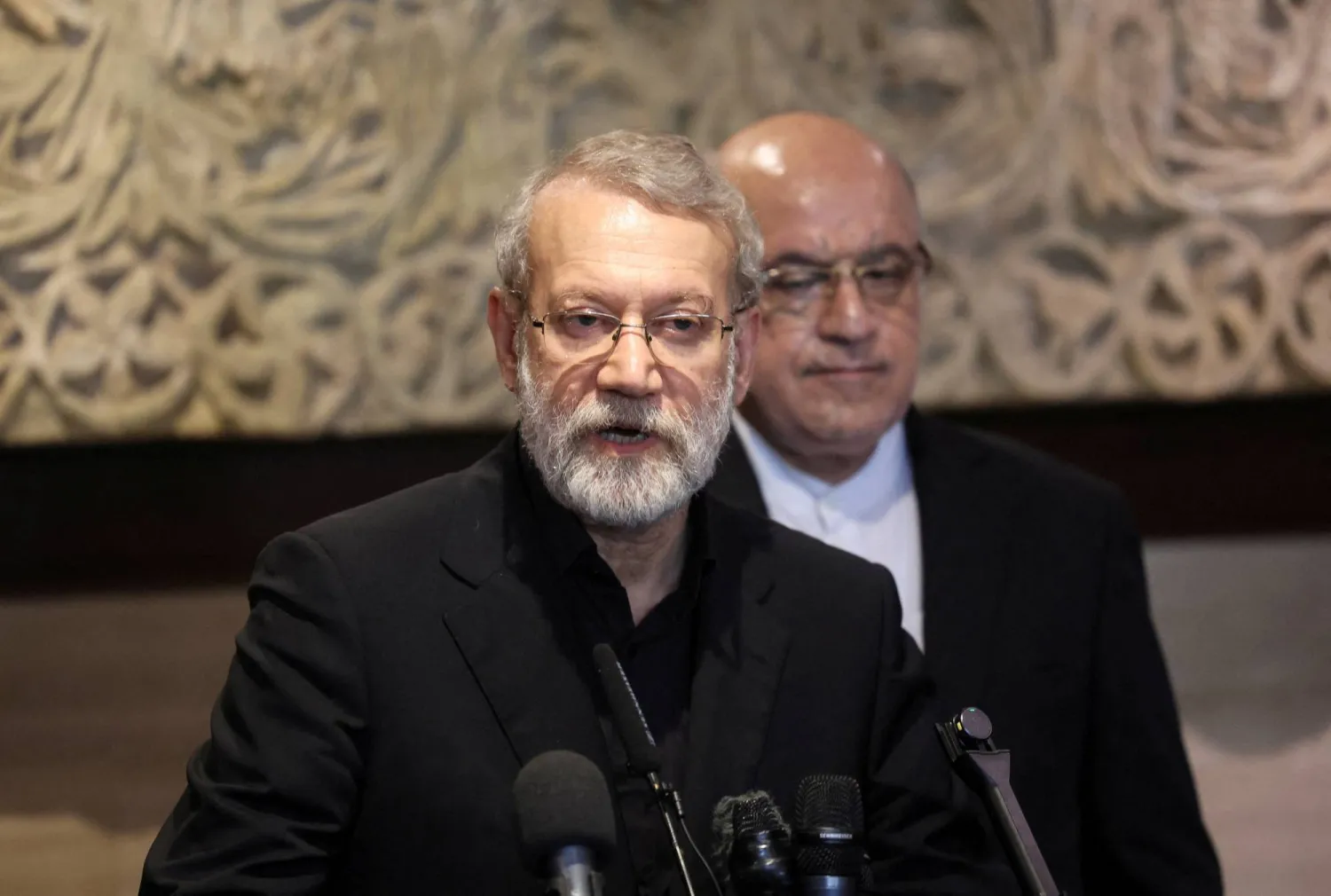Chancellor Olaf Scholz on Sunday rejected criticism that Germany was not showing leadership in western efforts to supply Ukraine with heavy weapons to repel Russia's invasion, saying that he'd rather be cautious than make hasty decisions.
Scholz is under pressure at home and abroad to supply Ukraine with heavy arms such as tanks and howitzers and support an immediate EU embargo on Russian energy imports to strip President Vladimir Putin of hard currency that helps him finance the war.
"I take my decisions fast and in concert with our partners," Scholz told the Bild am Sonntag newspaper in an interview. "I find hasty actions and maverick German efforts questionable."
In a U-turn, Germany approved on April 26 the delivery of "Gepard" anti-aircraft tanks to Ukraine, a step backed by 55% of Germans who in an opinion poll said Europe's biggest economy should supply Ukraine with such arms.
However, the decision did not help reverse public perception of Scholz as being indecisive and lacking leadership. An opinion poll published in Bild am Sonntag showed that 54% were unsatisfied with Scholz's handling of the crisis. His approval rating fell to 32%, the poll showed.
Fearing Russia could broaden the war to countries other than Ukraine, some of Germany's partners in the NATO military alliance had expressed discontent with Scholz's initial hesitancy on arming Ukraine.
Others like Poland are unhappy with Germany's opposition to an EU embargo on Russian gas imports.
The Greens and Free Democrats, junior coalition partners to Scholz's Social Democrats, are more keen on providing more military assistance to Ukraine.
Scholz has had to balance their demands with those of left-leaning members of his party who say delivering heavy weapons to Ukraine risks provoking a Russian military response in a third country and sparking a broader conflict.
Moscow calls its actions a "special operation" to disarm Ukraine and rid it of anti-Russian nationalism fomented by the West. Ukraine and the West say Russia launched an unprovoked war of aggression.









